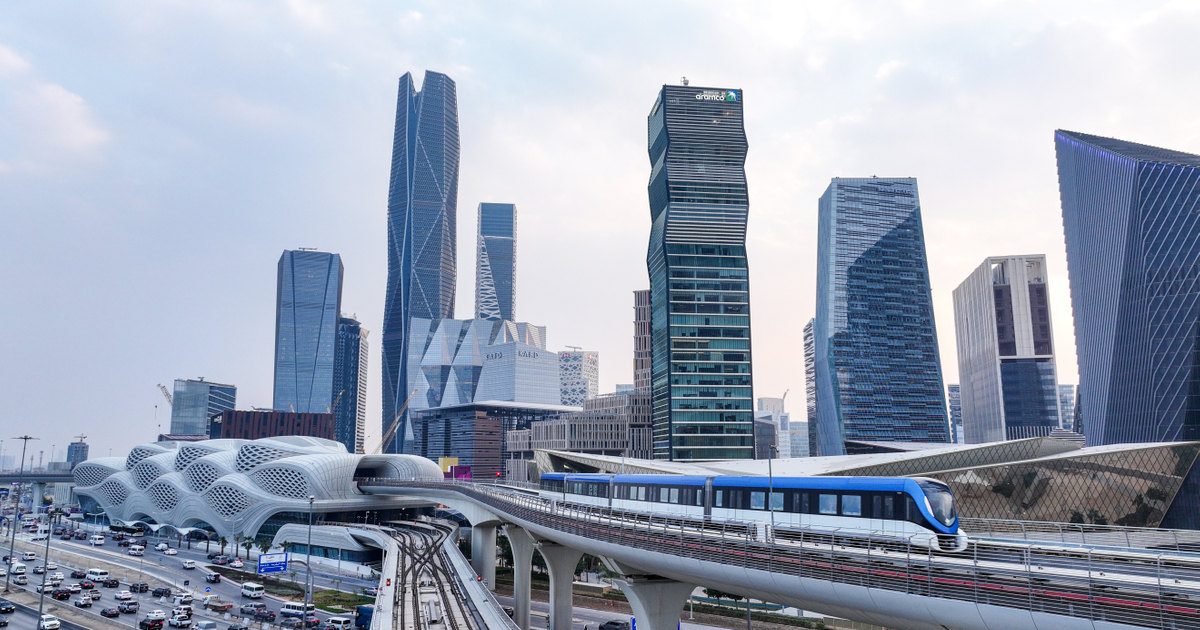Pharmaceutical stocks rise as Trump pauses tariffs but not for China
Trump on Tuesday said his administration will be announcing a "major" tariff on pharmaceuticals "very shortly."

The Lilly Biotechnology Center in San Diego, California, on March 1, 2023.
Mike Blake | Reuters
Shares of some drugmakers rose on Wednesday after President Donald Trump said he would pause steep tariff rates on dozens of countries, temporarily easing fears about the impact of potential tariffs on pharmaceuticals imported into the U.S.
Trump on Wednedsay announced he would reduce tariffs on most countries to 10% for 90 days, but would immediately hike tariffs on China to 125%. But the pause does not appear to apply to sector-specific tariffs.
Pharmaceutical stocks fell earlier on Wednesday on Trump's comments a day earlier that doubled down on plans to impose pharmaceutical-specific tariffs.
Shares of most U.S.-based companies turned positive Wednesday after Eli Lilly, AbbVie, Bristol Myers Squibb, Regeneron, Merck, Pfizer, Johnson & Johnson and Amgen all dropped at least 2% to 4% earlier in the day. Some shares of foreign-based companies, such as AstraZeneca, Novo Nordisk and Novartis, were also positive, while British drugmaker GSK was still down 5%.
Trump on Tuesday said his administration will be announcing a "major" tariff on pharmaceuticals "very shortly," despite market fallout from his global levies, according to several reports. He exempted pharmaceuticals from his sweeping tariffs unveiled last week in a temporary relief for drugmakers.
The president has said tariffs will incentivize drug companies to move manufacturing operations to the U.S. – an effort that Eli Lilly, Johnson & Johnson and others are already pursuing. It comes as the pharmaceutical industry's domestic manufacturing has shrunk dramatically in recent decades, with key parts of the production process moving to China, India and other countries where labor and other costs are cheaper.
U.S. imports of pharmaceuticals reached almost $213 billion in 2024, more than two-and-a-half times the total a decade earlier, according to the United Nations COMTRADE database on international trade.
FILE PHOTO: The Pfizer logo is seen at their world headquarters in New York April 28, 2014.
Andrew Kelly | Reuters
However, Wall Street analysts and companies have raised concerns that it will be difficult to reshore production in the country, which will be costly, could take several years and could disrupt the pharmaceutical supply chain and drive up drug costs for patients. Drugmakers rely on a complex network of manufacturing sites, sometimes in different countries for different steps of the production process.
"Global supply chains are complex, with Pharma among the most–it's not as simple as moving where someone screws in little screws to make an iPhone," BMO Capital Markets analyst Evan Seigerman said in a note on Wednesday.
He said the tariffs will "likely do little to shift manufacturing" back to the U.S. since companies already have robust operations in the country.
Seigerman said he expects most large pharmaceutical companies will likely set a goal of "waiting until the end of Trump's presidency to consider more permanent manufacturing decisions."
A group of House Democrats is also reportedly calling on the administration to protect medical supply chains from what they called the "devastating consequences" the trade war could inflict on U.S. patients.
"The supply disruptions of critical medical products will unavoidably hurt U.S. patients, force providers to make impossible rationing decisions, and potentially even result in death as treatments are delayed, or more effective medicines and products are swapped for less effective alternatives," the lawmakers wrote in the letter, the Hill reported.
Some companies that have invested billions to boost U.S. manufacturing and build goodwill with Trump have pushed back on the tariffs, warning about their potential impact on research and development in the industry and patients.
"We can't breach those agreements, so we have to eat the cost of the tariffs and make trade-offs within our own companies," Eli Lilly CEO Dave Ricks told BBC in an interview, just over a month after the company announced $27 billion in new domestic manufacturing.
"Typically, that will be in reduction of staff or research and development, and I predict R&D will come first. That's a disappointing outcome," Ricks said.
J&J in March also announced a new $55 billion investment in U.S. manufacturing, research and development and technology over the next four years. The company has not commented on tariffs.

 Troov
Troov 
































